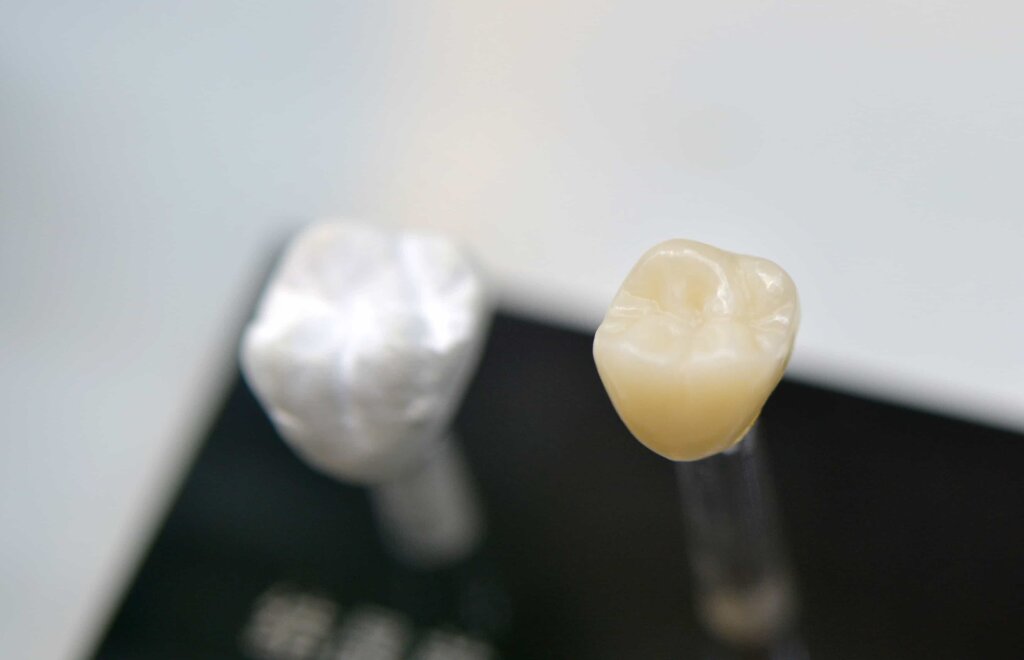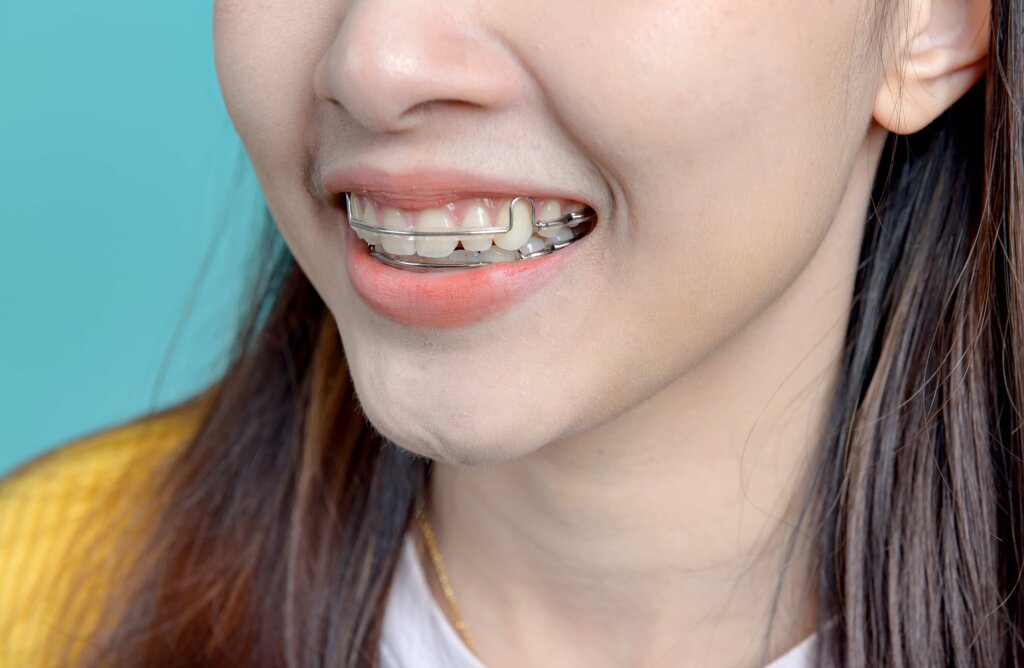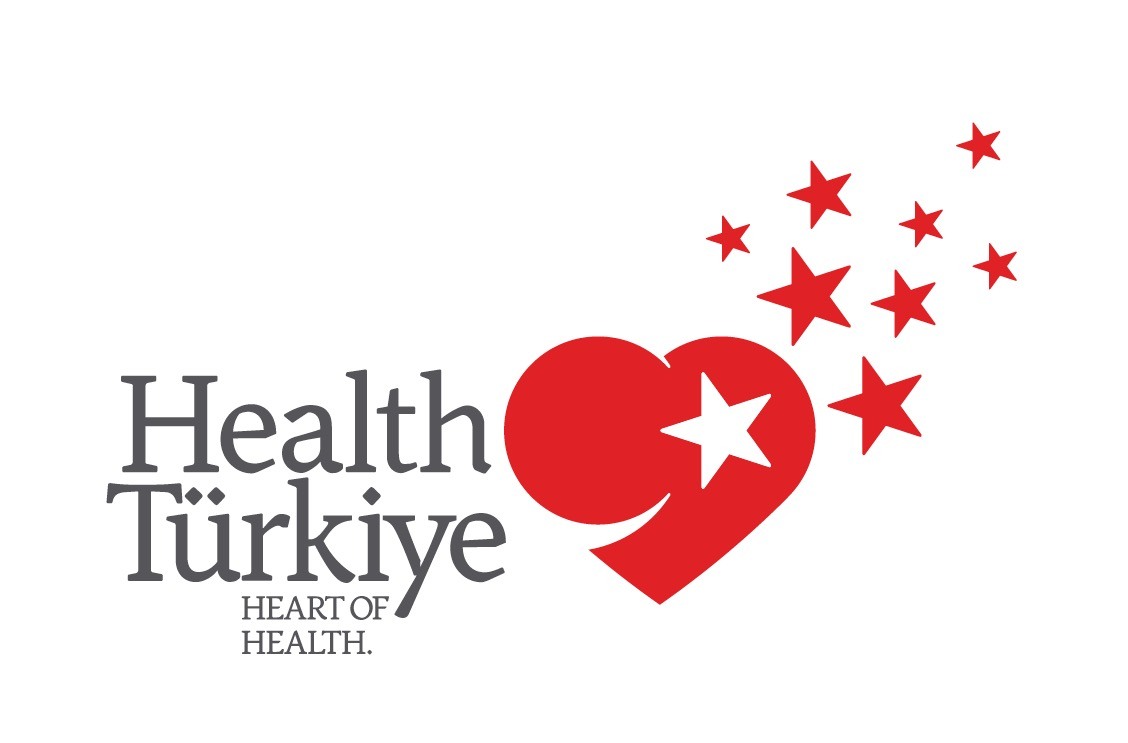Dental implant treatment is a popular method for restoring oral health and aesthetics by replacing missing teeth. However, the first week of living with dental implants is a critical period for the success of the treatment. There are some important points to pay attention to during this process. To ensure the long-term success of dental implants and avoid complications, it is essential to develop proper care and dietary habits.
Day One: Post-Operation Care
The first day after dental implant surgery is the most important time to be cautious. Mild bleeding and swelling in the mouth are normal during this period. Sterile gauze pads can be used to apply pressure to the implant area to reduce pressure and stop bleeding. Additionally, avoid spitting and rinsing your mouth during the first 24 hours after surgery to speed up the healing process.
Managing Pain and Swelling
Mild pain may be experienced during the first week. Pain relievers prescribed by your dentist can be used to alleviate this discomfort. Swelling typically peaks on the second day and subsides within a few days. Cold compresses can be effective in reducing both swelling and pain. It is recommended to apply a cold compress every 15 minutes during the first 48 hours.
Diet: What to Eat and What to Avoid
Paying attention to your dietary habits in the first week of living with dental implants is crucial. After surgery, avoid hot and hard foods. Instead, opt for cold, soft, and nutritious foods. For example, yogurt, puree, and smoothies can help you eat without straining your gums. You should also avoid spicy foods that may irritate the implant area.
Hygiene Practices
Keeping the area around the dental implants clean is very important in the first week. However, avoid applying direct pressure to the implant site. Brush your teeth gently and use the special brushes recommended by your dentist to clean the implant area. Antibacterial mouth rinses can also support the healing process. Maintain oral hygiene by brushing your teeth at least twice a day and using dental floss.
Smoking and Alcohol Consumption
Smoking and alcohol can negatively affect the healing process and put the success of the implant at risk. You should avoid smoking during the first week, as it can impair blood circulation and slow down the healing process. Alcohol consumption can also harm the healing of the implant. Therefore, it is best to stay away from both smoking and alcohol during the first week.
Physical Activity
Avoid strenuous physical activities during the first few days after surgery. Exercise can increase your blood pressure, leading to bleeding. Therefore, you should avoid heavy exercise for at least a week after dental implant surgery and allow your body to rest. Additionally, keeping your head elevated while lying down can help reduce bleeding.
Doctor Appointments and Check-Ups
During the first week, you should not neglect doctor appointments. It is important to schedule a follow-up appointment with your dentist a few days after the implant surgery. During this visit, your dentist will check the placement of the implant, identify potential complications, and provide you with information about the healing process. To ensure the implant fuses successfully, follow your doctor's recommendations carefully.
What to Do After the First Week
After the first week, living with dental implants becomes easier. However, some rules still apply. Avoid unnecessary pressure on the implant site, visit your dentist regularly, and continue following hygiene practices. The longevity of dental implants is achievable through regular care and check-ups.
The first week of living with dental implants is a crucial period that impacts the success of the treatment. Following the guidelines for this period, managing pain and swelling, paying attention to dietary habits, and adhering to hygiene practices will ensure the healthy healing of your dental implants. For long-term success, it is essential to navigate the first week with care.






